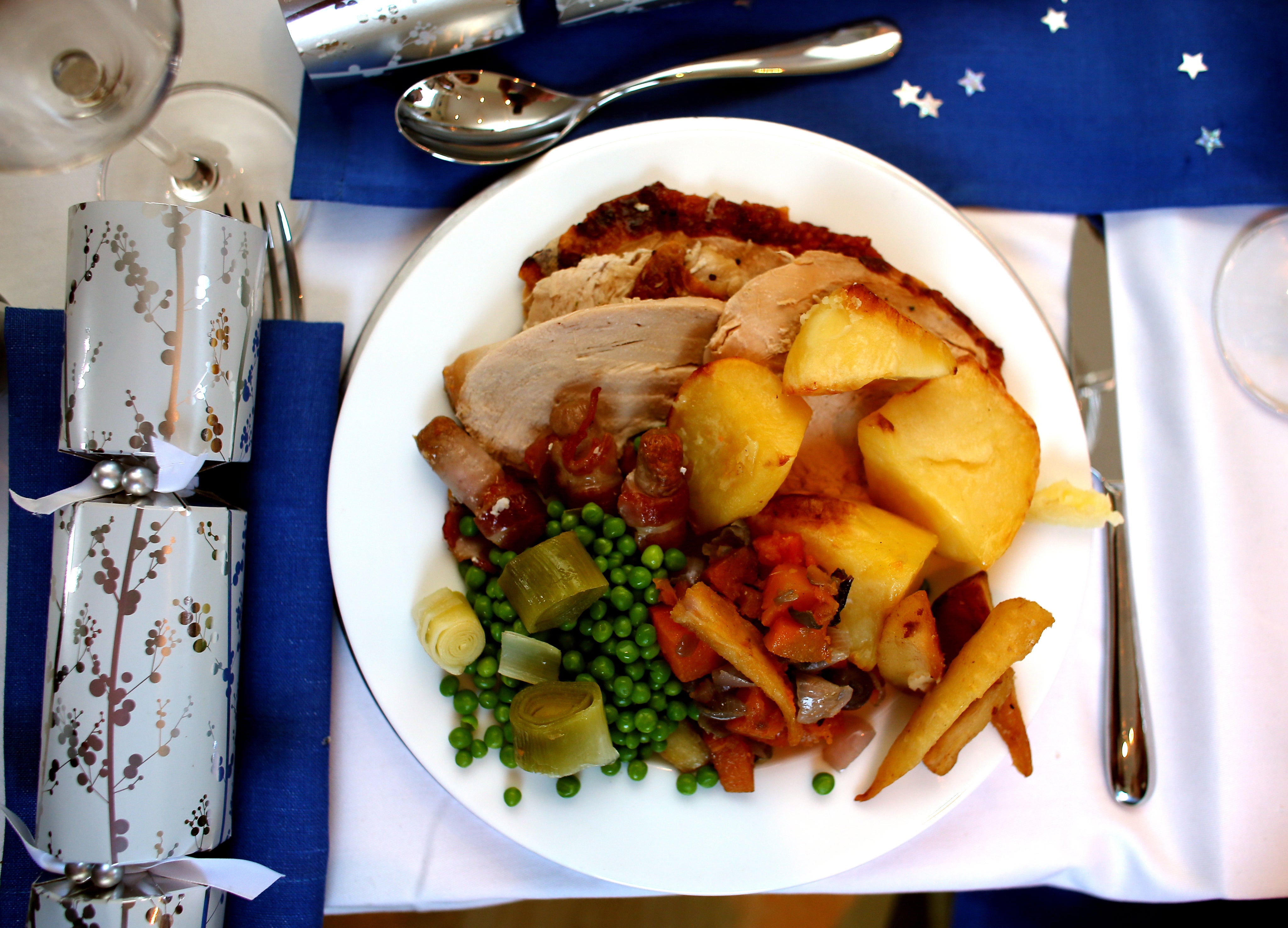Food price inflation is taking hold with an increasing number of Britons facing a hungry Christmas
The cost of a Christmas dinner for four has hit £27.48, according to researcher Kantar, a rise of 3.4 per cent as food price inflation starts to accelerate, writes James Moore


No word on the cost of partridges and pear trees, if that’s your thing, but those looking at a more conventional Christmas dinner are going to get their wallets burned this year.
In addition to its regular monthly survey of the nation’s shopping basket, researcher Kantar has estimated the cost of dinner for four on the big day. The cost comes to a frothy £27.48, an increase of 3.4 per cent on last year. That number, obviously, includes turkey, a smorgasbord of vegetables, a Christmas pudding and a cheap bottle of pop.
Lurking within that number are some intriguing quirks. You want to save money? Dump your sprouts, the price of which has risen, in favour of carrots, which are considerably cheaper this year. That should be no real hardship given that sprouts are the devil’s vegetable
The research also clearly shows where agricultural labour shortages are biting down the hardest. The cost of the bird, the biggest component, is up 7 per cent on last year, in part be because the meat processing industry has been among those hardest hit by Britain’s Brexit-exacerbated labour shortages.
More generally, the data shows that food price inflation is starting to build up a head of steam. Not yet to the extent of Christmas dinner inflation. Kantar puts the overall increase in the price of food at a more modest 2.2 per cent for the 12-week period ending 28 November 2021. The number is based on its comparison of more than 75,000 identical products year-on-year in the proportions purchased by British shoppers.
Now it is, obviously, somewhat lower than the Consumer Prices Index, which is the official measure of prices rises in Britain. It jumped to 4.2 per cent in October, and might look even worse when the November figure is revealed.
Ben Broadbent, the Bank of England’s deputy governor, thinks it will “comfortably exceed” 5 per cent next spring, when Ofgem is expected to hike its energy price cap again. The pressure on the Bank to act is mounting, even with Omicron making merry. The forecasts are going up, up and away.
The CPI figure is, obviously, influenced by a wide variety of different things, notably energy which has been charging up problems wherever you care to look. While Ofgem’s price cap has been rising, it has nonetheless kept a relative lid on costs, albeit with the unfortunate side effect of shoving half the energy supply industry into bankruptcy.
There is also some help available for the vulnerable, although it’s patchy and not always terribly easy to access. There is, however, no such help available when it comes to food. To the contrary if, say, you’re on universal credit and have had to grapple with the £20 cut that chancellor Rishi Sunak made, using his carving knife to slash the payment before attacking the turkey.
Of course, there are ways of reducing the cost of Christmas dinner. There are cheaper alternatives to the aforementioned bird. Swapping sprouts for carrots (see above) clearly makes all sorts of sense. The fizz can be filed under “unnecessary”, although its price hasn’t moved much, partly because grocers like to use booze as a loss leader.
There are also ways of reducing the weekly food bill. You can switch to a discounter like Aldi. You can avoid savoury snacks and crisps, which are among the main drivers of Kantar’s figure. But it does get to a point where there is nothing more you can do to mitigate the cost.
I vividly remember reading the story of Menelik Watson a few years ago. The former NFL offensive lineman – he played for two teams during a five-year career – was brought up in inner-city Manchester and recalled in interviews eating the free sachets of ketchup during an impoverished childhood before the annual draft of college players the league conducts. The way food price inflation is taking hold, there’s going to be more than a few people like him, people for whom a £27.48 spread is every bit as distant a dream as a career in the NFL.
To those who’d argue the country can’t afford to do any more than it is already, isn’t the real question this: can we really afford not to when there are people going hungry in this rich, first world country of ours?






Join our commenting forum
Join thought-provoking conversations, follow other Independent readers and see their replies
Comments